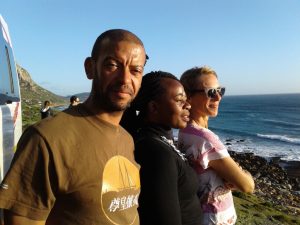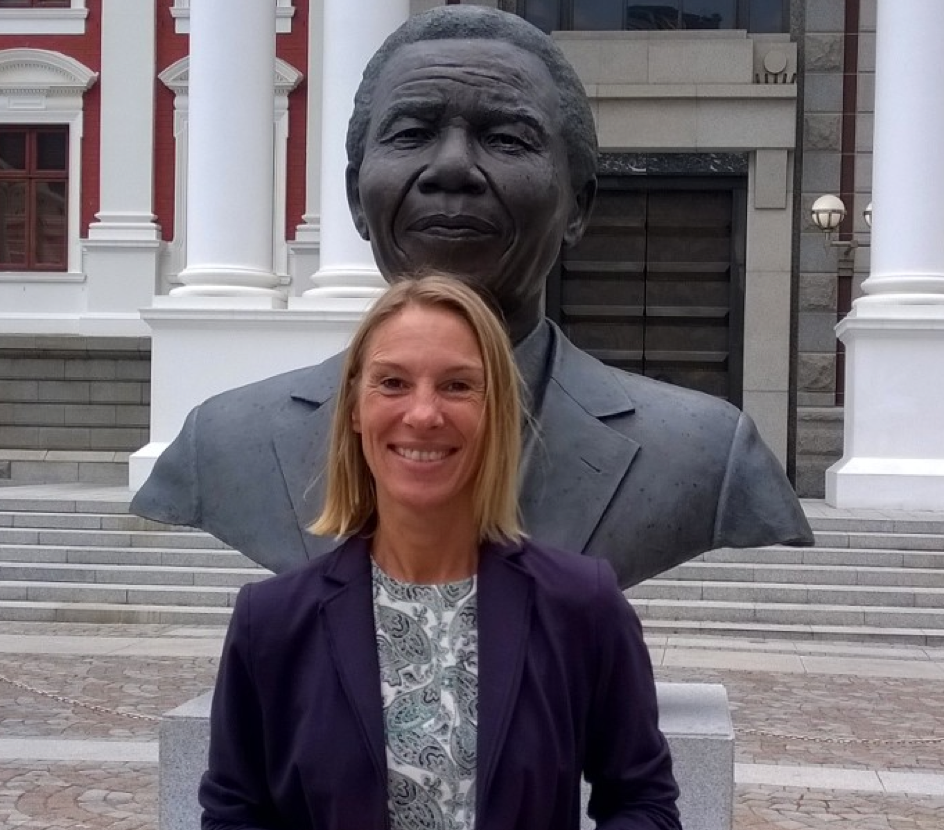Last week, I was in the South African parliament. I listened to President Zuma and what he had to say regarding corruption. Regardless of the question, the answer was always the same: It’s all Apartheid’s fault. Given the fact that this discriminatory system has been abolished in 1994, I felt slightly surprised that he got away with this simplistic rhetoric.
To me this is old black and white thinking in the literal sense. It’s so deeply engrained in all of our societies, regardless of the continent. And it also comes along in the modern dress of the internet and social media. Do you like or dislike this statement, comment, picture or video? Thumbs up or down?
But do we always have to judge?
The point with binary judgments is: We stay in certain patterns, in preconceived notions we have been brought up with. And it’s the either – or – thinking that limits ourselves to two options only. What about the ‘rest’? And what about all the other shades of brown that are between black and white? When we open up to what others see and say, we can gain a lot.

Photo: Paul Emmet, Nyasha Karumazondo, Kathrin Köster
Three different people on the same journey through South Africa:
Overwhelmed by the beauty of nature, I am so grateful to experience what this planet has to offer. Janine can’t believe to see what is possible in Africa and feels thrilled to go ahead with her transformational work in her own country up North. And Harry sees how communities of colored people emancipated themselves, turning options into opportunities.
All three perspectives are valuable and offer a different aspect: Nurturing, motivational, societal.
If we stop the habit of judging, we discover the wealth of perceptions and ideas. This brings color to our lives – and creativity to our organizations.




No Comments